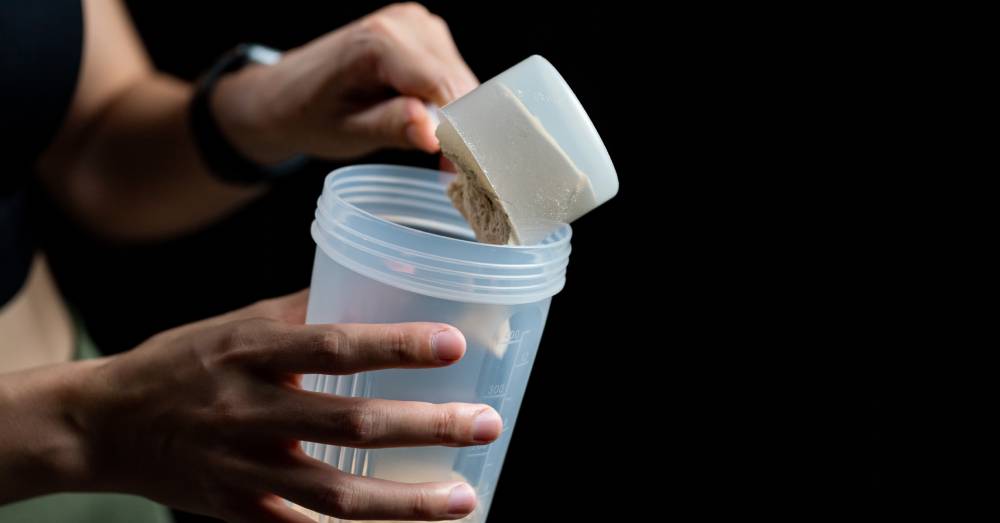7th Annual Holiday Toy & Book Event Help make the holidays brighter this year!
Whey Protein Supplement May Help Type 2 Diabetes Patients Control Blood Sugar
Michelle Milliken
People living with diabetes have a variety of reliable methods to help control blood sugar. That can include limiting alcohol, choosing water over juice or soda, and controlling portions. A new study finds that a certain protein supplement may also be helpful.
Researchers from Newcastle University in the United Kingdom recently investigated if whey protein had an impact on blood sugar management. To gauge this, the team had type 2 diabetes patients drink a small amount of whey protein before each of their daily meals. According to the results, published in BMJ Open Diabetes Research & Care, taking the supplement was linked with maintaining normal blood sugar levels longer. This builds on prior research that had found similar results.
Dr. Daniel West, lead researcher and senior lecturer at the Human Nutrition Research Centre and Diabetes Research Group at Newcastle University, says, "While previous studies for a few hours in the lab have shown the potential for this dietary intervention, this is the first time that people have been monitored as they go about normal life."
The team monitored 18 participants as they spent one week drinking a pre-meal 100 ml shot that contained 15 grams of whey protein, and then continued to monitor them over another week in which they drank a control shot with no protein. They consumed the shots 10 minutes before breakfast, lunch, and dinner, while remaining on their diabetes medication.
Through continuous glucose monitoring, the team learned that when participants had taken the protein shot, they averaged an extra two hours a day of normal blood sugar levels, compared with the control week. Their average daily glucose level was also 0.6 mmol/L lower than when they drank the protein-free shot.
As for the reasons behind the benefit, the researchers have some theories.
Dr. West says, "We believe the whey protein works in two ways, firstly, by slowing down how quickly food passes through the digestive system and secondly, by stimulating a number of important hormones that prevent the blood sugars climbing so high."
He adds that as more people throughout the world develop diabetes, having supplements that could serve as alternatives to medication is important. The team hopes to investigate other protein supplements in future research to see if they could help manage blood sugar, as well, including those from plants to help those with religious or dietary restrictions.
They also plan to see if the results can be replicated on a broader scale over a longer period of time.




